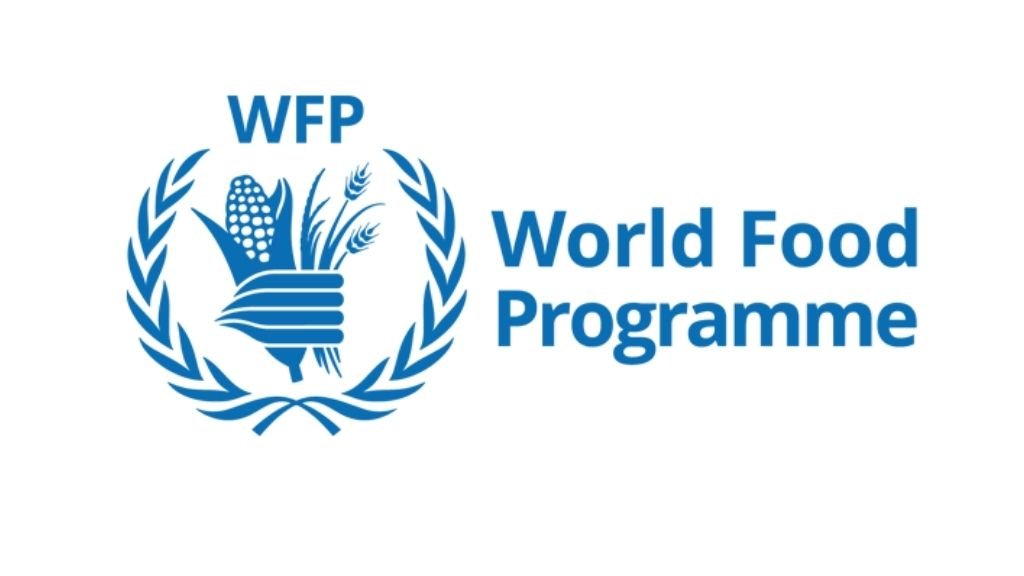Some of the 25,000 victims of Boko Haram insurgency, majority of them Internally Displaced Persons (IDPs) in Yobe supported by the United Nations World Food Programme (WFP) and other partners, are picking up their lives with small businesses to provide for themselves and avoid depending on foreign donors.
The programme, which lasted only for a year has started yielding results as the IDPs are currently into various small scale businesses, which included groundnut oil processing, snacks making, tailoring, livestock farming, fashion and jewellery making, among others.
Speaking during the 2021 exhibition of Yobe food security and livelihood improvement project, the beneficiaries expressed their excitement for bouncing back again after losing most of their valuables to armed conflicts.
Zara Modu, who is now into groundnut processing, said life has never been the same when she found herself in a new environment called IDP camp.
According to her, before the business grant last year, she could only depend on NGOs that supported her with food because she had been doing nothing for about four years.
“We just have no idea on when we are going to get out of the mess of always depending on someone before we eat.
“A times, the support was not coming regularly as the donors will skip some months before they will come. We became vulnerable because we were forced to leave our home towns empty handed.
“But since the beginning of the livelihood programme, I have never rest on my oars in ensuring that I learnt from it and am able to produce something.
“I can happily tell you today that with the business I learned, I can feed myself and my kids which is an unprecedented progress to us.”
Another beneficiary, Sarah Tanko, who displayed clothes she sewed at the exhibition, said she was making money from it.
Sarah added that programme has opened more opportunities for her to meet a lot of people and make profitable transactions with them.
Mr Anita Anihari, the WFP Programme officer stated that the number of people that benefitted from the programme in 2021 was over 25,000.
She said these were very vulnerable people especially in the time of COVID-19 who really did not have the opportunities to cater for themselves .
“So WFP came forward to support these people and as you can see from the exhibition they have come out with the products they have done with their hands so much so that when the development partners back out they can be able to survive.
“By next year we are targeting to scale up to over 40,000 beneficiaries and increase the number of communities we are operating.”




